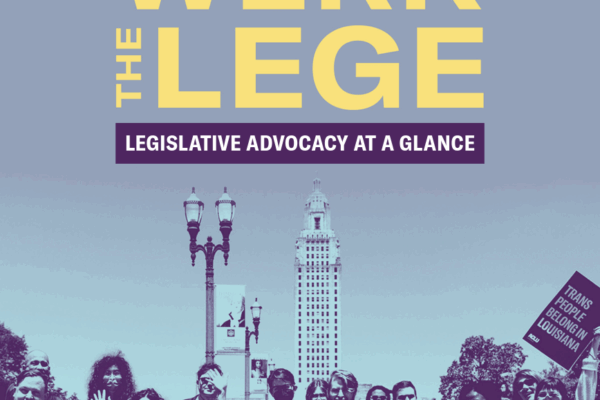By Vera Eidelman, William J. Brennan Fellow, ACLU Speech, Privacy, and Technology Project
Students around the country are turning last week’s heartbreaking school shooting in Parkland, Florida, into an inspiring and exemplary push for legislative change. In the last few days, many people have asked whether schools can discipline students for speaking out. The short answer? It depends on when, where, and how the students decide to express themselves.
Plans for coordinated student walkouts have been making national news and have already engendered disciplinary threats from some school administrators. Since the law in virtually all jurisdictions requires students to go to school, schools can typically discipline students for missing class, even if they’re doing so to participate in a protest or otherwise express themselves. But what the school can’t do is discipline students more harshly because they are walking out to express a political view or because school administrators don’t support the views behind the protest. In other words, any disciplinary action for walking out cannot be a response to the content of the protest.
Before deciding whether to join a political walkout, students might want to find out what policies govern discipline for absences in their state, school district, and their particular school so that they’re aware of the potential consequences. They should also know that in addition to walkouts, there are actions they can take for which schools cannot legally impose punishment.

